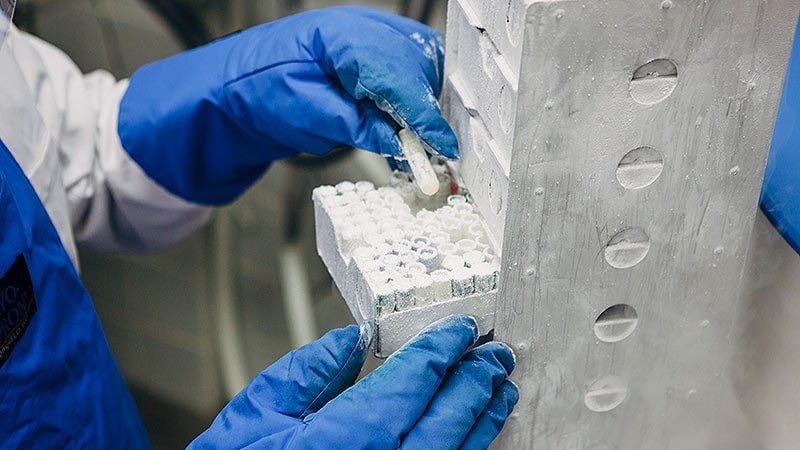FDA Clears Ravulizumab for Neuromyelitis Optica
The US Food and Drug Administration (FDA) has expanded the indication for the long-acting C5 complement inhibitor, ravulizumab (Ultomiris, Alexion), to include adults with anti–aquaporin-4 (AQP4) antibody-positive (Ab+) neuromyelitis optica spectrum disorder (NMOSD).
Ravulizumab is already approved in the United States to treat adults and children aged 1 or older with paroxysmal nocturnal hemoglobinuria or atypical hemolytic uremic syndrome but not Shiga toxin Escherichia coli–related hemolytic uremic syndrome. It's also approved to treat adults with generalized myasthenia gravis who are anti–acetylcholine receptor Ab+.
The new indication in AQP4 Ab+ NMOSD is based on positive results from the CHAMPION-NMOSD open-label phase 3 trial, which were published last year in Annals of Neurology.
Patients received weight-based intravenous ravulizumab on day 1, maintenance doses on day 15, then once every 8 weeks. The availability of eculizumab (Soliris) precluded the use of a concurrent placebo control in CHAMPION-NMOSD; consequently, the placebo group of the eculizumab phase 3 trial PREVENT trial was used as an external comparator.
In CHAMPION-NMOSD, the primary endpoint was met; none of the 58 patients taking ravulizumab had a relapse during treatment vs 20 patients who had a relapse in the placebo group of PREVENT (relapse risk reduction, 98.6%; P < .0001).
NMOSD is a rare inflammatory syndrome of the central nervous system and can cause irreversible disability. The disorder affects an estimated 6000 adults in the United States.
"C5 inhibition has been proven to offer efficacy in reducing the risk of NMOSD relapses by blocking the complement system, a part of the immune system, from attacking healthy cells in the spinal cord, optic nerve and brain," Sean J. Pittock, MD, lead primary investigator in the CHAMPION-NMOSD trial, said in a statement.
"Patients now have the option of a long-acting C5 inhibitor treatment that showed zero relapses in the pivotal CHAMPION-NMOSD trial, supporting the primary goal of relapse prevention in treating NMOSD," said Pittock, director of Mayo Clinic Center for Multiple Sclerosis and Autoimmune Neurology and of Mayo Neuroimmunology Laboratory.
Overall, the safety and tolerability of ravulizumab in the CHAMPION-NMOSD trial were consistent with previous clinical studies and real-world use, and no new safety signals were observed. The most common adverse events were COVID-19, headache, back pain, arthralgia, and urinary tract infection.


 Admin_Adham
Admin_Adham


